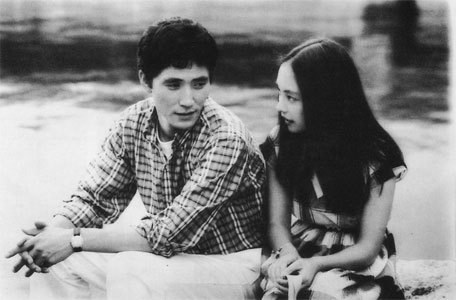What do you think?
Rate this book


130 pages, Paperback
First published July 1, 1979


“People with dark hearts have dark dreams. Those whose hearts are even darker can’t dream at all.”

“But try to think it through a little further. All of us are laboring under the same conditions. It’s like we’re all flying in the same busted airplane. Sure, some of us are luckier than others. Some are tough and some are weak. Some are rich and some poor. But no one’s superman—in that way, we’re all weak. If we own things, we’re terrified we’ll lose them; if we’ve got nothing we worry it’ll be that way forever. We’re all the same. If you catch on to that early enough, you can try to make yourself stronger, even if only a little. It’s okay to fake it. Right? There are no truly strong people. Only people who pretend to be strong.”